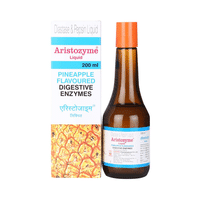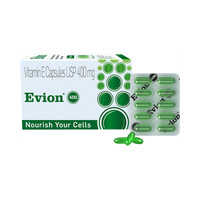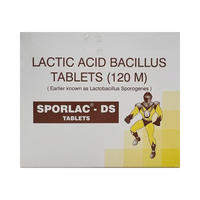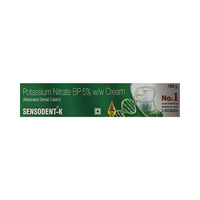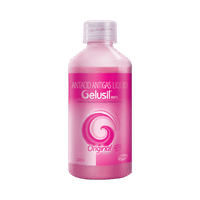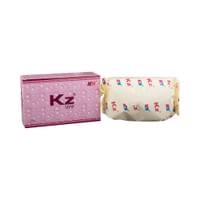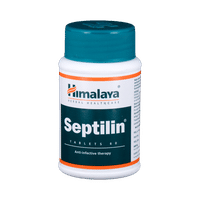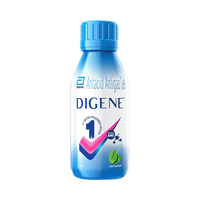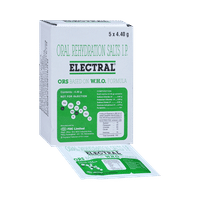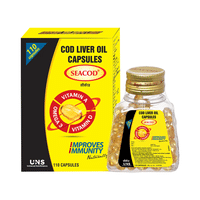Shelinc 300mg Injection
food interaction for Shelinc Injection
alcohol interaction for Shelinc Injection
pregnancy interaction for Shelinc Injection
lactation interaction for Shelinc Injection
food
alcohol
pregnancy
lactation
No interaction found/established
Consuming alcohol with Shelinc 300mg Injection does not cause any harmful side effects.
SAFE
Shelinc 300mg Injection may be unsafe to use during pregnancy. Although there are limited studies in humans, animal studies have shown harmful effects on the developing baby. Your doctor will weigh the benefits and any potential risks before prescribing it to you. Please consult your doctor.
CONSULT YOUR DOCTOR
Shelinc 300mg Injection is safe to use during breastfeeding. Human studies suggest that the drug does not pass into the breastmilk in a significant amount and is not harmful to the baby.
There may be a possibility of diarrhea or rash in the baby.
There may be a possibility of diarrhea or rash in the baby.
SAFE IF PRESCRIBED
SALT INFORMATION FOR Shelinc 300mg Injection
Lincomycin(300mg)
Shelinc injection uses
{med_name} is used in the treatment of bacterial infections. It is used in infections of the skin such as acne (Pimples), abdomen, bone, skin, heart and soft tissues. It also used in post-operative infections.
How shelinc injection works
Shelinc 300mg Injection is an antibiotic. It works by preventing synthesis of essential proteins required by bacteria to carry out vital functions. Thus, it stops the bacteria from growing, and prevents the infection from spreading.
Common side effects of shelinc injection
Vomiting, Headache, Nausea, Diarrhea, Skin rash, Dizziness, Itching, Ringing in ear, Vertigo, Glossitis (tongue inflammation), Stomatitis (Inflammation of the mouth), Abdominal pain, Vaginal infection, Decreased blood cells (red cells, white cells, and platelets), Agranulocytosis (deficiency of granulocytes in the blood), Aplastic anemia, Anaphylactic reaction, Decreased white blood cell count (lymphocytes), Decreased white blood cell count (neutrophils), Jaundice, Abnormal liver function tests, Urticaria, Sleepiness, Injection site reaction, Hypotension (low blood pressure), Renal impairment, Toxic epidermal necrolysis, Stevens-Johnson syndrome, Pseudomembranous colitis, Thrombocytopenic purpura, Low urine output, Protein in urine, Bullous dermatoses (skin disease characterized by presence of blisters), Exfoliative dermatitis, Clostridium difficile colitis
SUBSTITUTES FOR Shelinc Injection
20 Substitutes
20 Substitutes
Sorted By
 Rs. 22.50pay 9% more per ml of Injection
Rs. 22.50pay 9% more per ml of Injection Rs. 14.95save 24% more per ml of Injection
Rs. 14.95save 24% more per ml of Injection Rs. 5.66save 71% more per ml of Injection
Rs. 5.66save 71% more per ml of Injection- Lincoriv 300mg Injection(2 ml Injection in vial)East African (India) OverseasRs. 9.15/ml of Injection
 Rs. 18.90save 5% more per ml of Injection
Rs. 18.90save 5% more per ml of Injection  Rs. 9.50save 4% more per ml of Injection
Rs. 9.50save 4% more per ml of Injection
Expert advice FOR Shelinc Injection
- Your doctor has prescribed Lincomycin to cure your infection and improve symptoms.
- Do not skip any doses and finish the full course of treatment even if you feel better. Stopping it early may make the infection to come back and harder to treat.
- Diarrhea may occur as a side effect but should stop when your course is complete. Inform your doctor if it doesn't stop or if you find blood in your stools.
- Inform your doctor if you are pregnant or breastfeeding before you start treatment with this antibiotic.
- Stop taking Lincomycin and inform your doctor immediately if you develop an itchy rash, swelling of the face, throat or tongue or breathing difficulties while taking it.
Frequently asked questions FOR Shelinc 300mg Injection
Lincomycin
Q. What if I don't get better after using Shelinc 300mg Injection?
Inform your doctor if you don't feel better after finishing the full course of treatment. Also, inform him if your symptoms are getting worse while using this medicine.
Q. Can the use of Shelinc 300mg Injection cause diarrhea?
Yes, the use of Shelinc 300mg Injection can cause diarrhea. It is an antibiotic which kills the harmful bacteria. However, it also affects the helpful bacteria in your stomach or intestine and causes diarrhea. If you are experiencing severe diarrhea, talk to your doctor about it.
Q. How long does Shelinc 300mg Injection take to work?
Usually, Shelinc 300mg Injection starts working soon after taking it. However, it may take some days to kill all the harmful bacteria and make you feel better.













